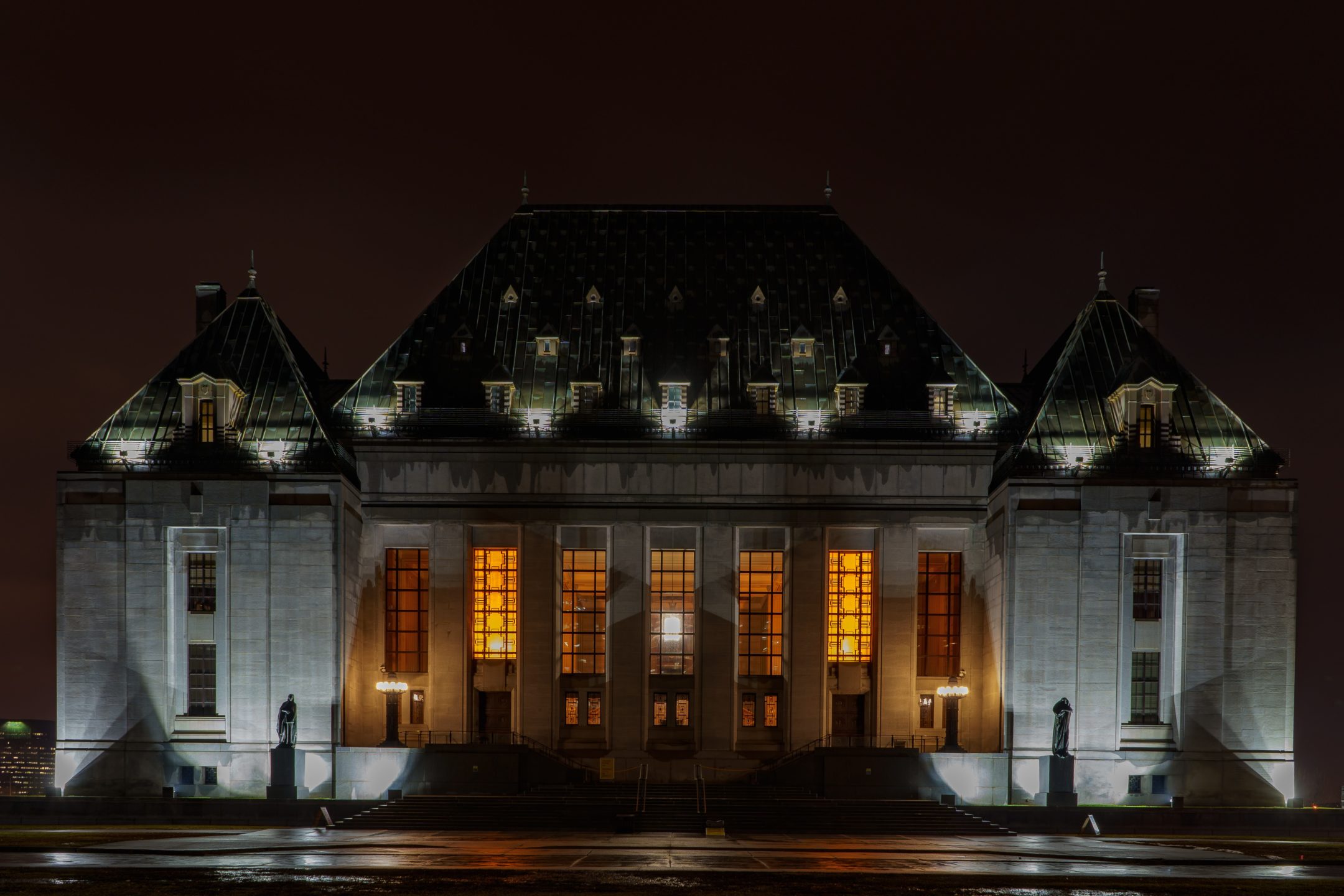In the recent decision of H.M.B. Holdings Ltd. v. Attorney General of Antigua and Barbuda, the Supreme Court of Canada refused to enforce a British Columbia judgment against a debtor in Ontario. The case sheds light on the limitations of foreign judgments and is instructional as the e-commerce age has made companies increasingly global and more likely to pursue judgments in foreign jurisdictions.
Plaintiff Enforced Foreign Judgment in British Columbia, Sought to Do the Same in Ontario
The plaintiff, H.M.B. Holdings Ltd. (“HMB”), successfully obtained a multimillion-dollar judgment against the country of Antigua in an Antiguan court. The judgment related to Antigua’s expropriation of property in Antigua owned by HMB.
While HMB was able to collect a portion of the award, it sought and was granted default judgment in British Columbia for the balance of the award. While the order obtained was for enforcement in British Columbia, HMB intended to also enforce the judgement in Ontario. It initially sought judgment in British Columbia as it had missed the two-year limitation period in Ontario and Antigua, as British Columbia has a ten-year limitation period.
After being awarded default judgment in British Columbia, HMB attempted to enforce it in Ontario under Ontario’s laws governing the reciprocal enforcement of foreign judgments. The defendant, the Attorney General of Antigua and Barbuda, argued that the judgment should not be registered in Ontario as the defendant had no substantial connection to British Columbia when HMB obtained its default judgment.
Establishing a Presence in British Columbia
The parties agreed that Antigua is not ordinarily resident in British Columbia and did not submit or consent to British Columbia’s jurisdiction in the enforcement proceedings. Therefore, to enforce the default judgment in Ontario, HMB was required to demonstrate that Antigua “carried on business” in British Columbia at the time the judgment was granted.
To determine whether a representative has been carrying on a foreign corporation’s business in a Canadian jurisdiction, courts must decide whether they have a direct or indirect presence in the jurisdiction, along with a “degree of business activity that is sustained for a period of time”. The factors considered by courts include:
(a) whether or not the fixed place of business from which the representative operates was originally acquired for the purpose of enabling them to act on behalf of the foreign corporation
(b) whether the foreign corporation has directly reimbursed the representative for the cost of their accommodation at the fixed place of business and the cost of their staff
(c) what other contributions, if any, the foreign corporation makes to the financing of the business carried on by the representative
(d) whether the representative is remunerated by reference to transactions (e.g., by commission), by fixed regular payments or in some other way
(e) what degree of control the foreign corporation exercises over the running of the business conducted by the representative
(f) whether the representative reserves part of their accommodation and part of their staff for conducting business related to the foreign corporation
(g) whether the representative displays the foreign corporation’s name at their premises or on their stationery, and if so, whether the representative does so in a way as to indicate that they are a representative of the foreign corporation
(h) what business, if any, the representative transacts as principal exclusively on their own behalf
(i) whether the representative makes contracts with customers or other third parties in the name of the foreign corporation or otherwise in such manner as to bind it
(j) if so, whether the representative requires specific authority in advance before binding the foreign corporation to contractual obligations
SCC: Antigua Didn’t “Carry On” Business in B.C., No Physical Presence
The only direct connection between Antigua and British Columbia was a program through which the Antiguan government encouraged foreign investment by granting citizenship to investors located throughout the world. There were only four authorized representatives who had worked with the investor citizenship program in Canada and none of these representatives were affiliated with the Antiguan government. Fewer than 1% of the participants in the program were Canadian.
The Supreme Court of Canada further noted the trial judge’s original findings:
- Antigua had no physical presence in British Columbia;
- Antigua did not carry on any sustained business activity in B.C.;
- The four authorized representatives under the foreign investor program were not agents of Antigua;
- The representatives carried on their own businesses and not the Antiguan governments’ business; and
- The foreign investor program had no particular focus on B.C. or Canada as a whole.
As a result, the Court detemrined that the default judgment obtained in B.C. could not be registered or enforced in Ontario.
Contact Meridian Law Group in Vancouver for Comprehensive Advice in Business Disputes
Meridian Law Group provides trusted legal advice and robust solutions in business disputes, including post-judgment execution and enforcement across jurisdictions. The firm’s litigators are a commanding presence in the courtroom and take swift and decisive action to protect clients’ business interests.
For over 30 years, the seasoned lawyers of Meridian Law Group have developed a reputation for legal excellence and exceeding client expectations. Located in downtown Vancouver, the firm proudly represents clients throughout West Vancouver, North Vancouver, Coquitlam, Penticton, Kelowna, Richmond, New Westminster, Burnaby, Surrey, Langley, and White Rock. To arrange a confidential consultation for your family law matter, please call (604) 687-2277 or reach out online.


